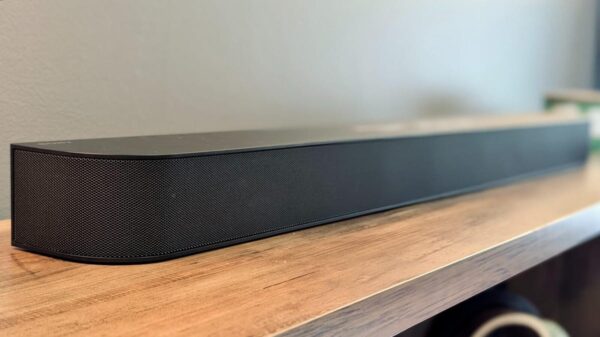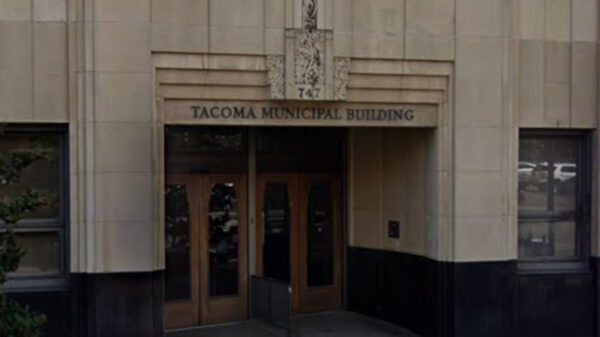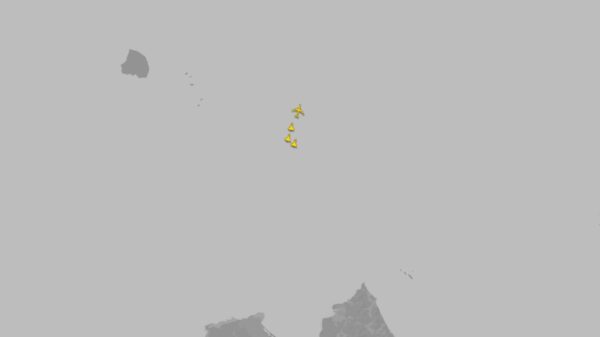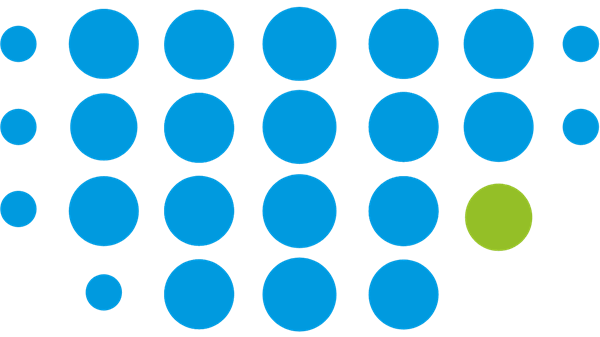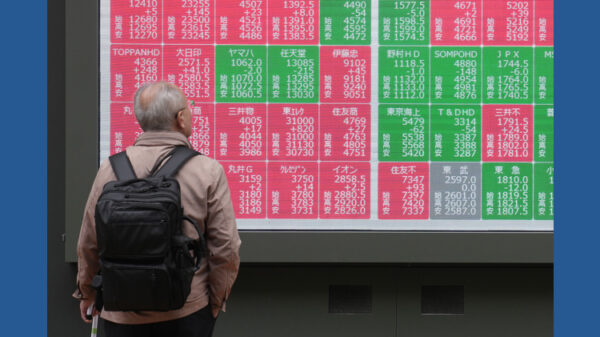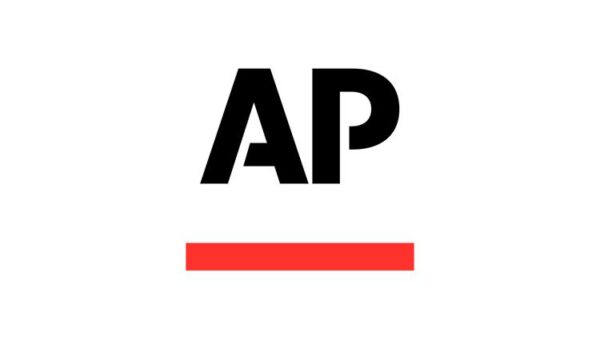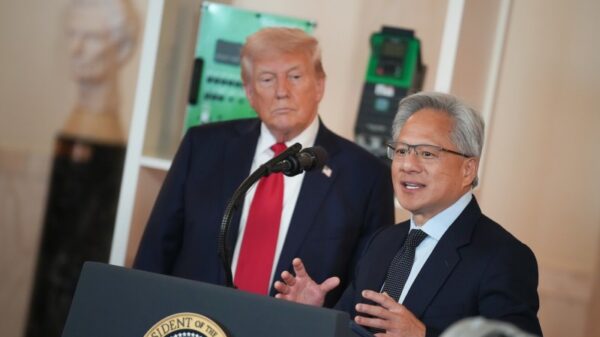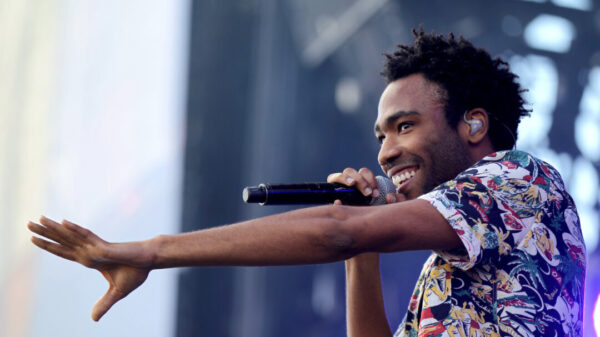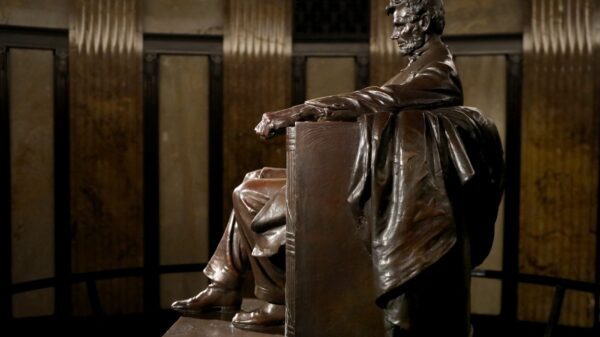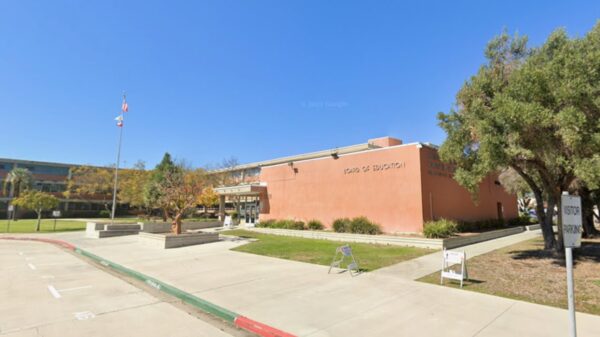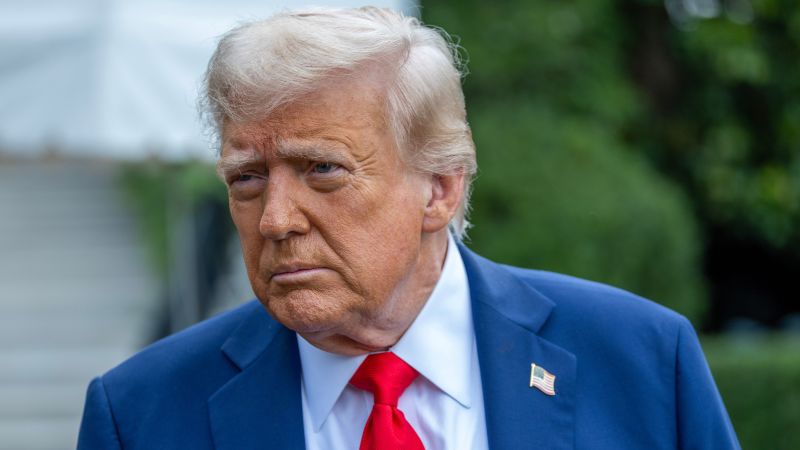President Donald Trump plans to designate the anti-fascist movement known as Antifa as a domestic terrorist organization, with an announcement expected as early as Monday, March 15, 2024. This decision marks a significant escalation in the administration’s efforts to address what it perceives as left-leaning political extremism. White House Press Secretary Karoline Leavitt confirmed during a press briefing that the president intends to sign an executive order soon, stating, “Antifa is going to be designated a domestic terrorist organization.”
The move follows the assassination of conservative activist Charlie Kirk, which Trump has cited as part of a broader crackdown on left-wing groups. Leavitt emphasized the administration’s position, criticizing Democratic lawmakers for their perceived leniency towards what she described as a “radical fringe” of the left. “Many Democrats in elective office have now been totally captured,” she said, referring to those who opposed a resolution honoring Kirk.
The practical implications of designating Antifa as a terrorist organization remain uncertain. Antifa, short for anti-fascist, does not have a centralized structure or formal leadership, complicating any potential legal or enforcement actions. The lack of hierarchy makes it difficult to identify specific individuals or organizations that could be targeted under such an order. Legal analysts have indicated that the administration’s previous attempts to label Antifa in this way during Trump’s first term faced significant constitutional challenges.
During the briefing, Leavitt highlighted the need to investigate funding sources for Antifa and other left-wing groups, referencing violent incidents associated with individuals claiming affiliation with Antifa. She pointed to bullets recovered from the investigation of Kirk’s murder, which bore anti-fascist inscriptions, as evidence of the group’s purported violent tendencies.
Trump’s announcement has sparked concerns that the administration’s actions may extend beyond legitimate national security measures, potentially aiming to suppress dissent among leftist groups. Legal experts have noted that while it is illegal to support foreign terrorist organizations financially, similar laws do not exist for domestic groups.
In a social media post last week, Trump described Antifa as a “sick, dangerous, radical left disaster” and indicated his intentions to push for thorough investigations into those funding the movement. This stance aligns with his broader political strategy, which has positioned him against perceived threats from the left.
The term “antifa” has historical roots, emerging from movements opposing fascist regimes during World War II and continuing through various anti-racist protests in Europe during the Cold War. As the Trump administration moves forward with this designation, the implications for civil liberties and political discourse in the United States remain to be seen.
Leavitt reiterated the administration’s commitment to addressing what it sees as a growing threat, stating, “We will be most importantly looking at who is funding Antifa and who is funding these other violent left-wing groups.” The White House’s approach signals a contentious period ahead, as political divisions deepen in the lead-up to the upcoming elections.





